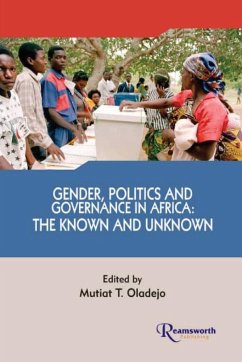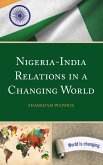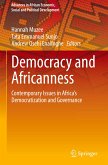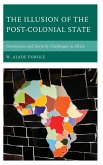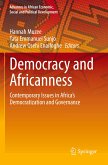Good governance is an index of human development. What constitutes good governance is holistic and gender issues are key components in the formation and practice of governance. In pre-colonial Africa, governance is inclusive of men and women. In the pre-colonial era, it could be argued that women had spheres of power and powerlessness. In most post-colonial societies of Africa, it is a rarity to accord women positions in government. Yet, the United Nations Conferences held in Copenhagen (1980), Nairobi (1985), Beijing (1995) and New York (2000), all had drafts and resolutions to change inequalities and vulnerabilities women encounter in public and private spaces. What are the issues to understand in the inclusion or exclusion of women in governance of African states and societies? This book explicates the experiential issues in gender, politics and governance. The 'known' are the stereotypes accorded to women as weak and unfit to take strategic roles in public life. Scholars across disciplines have debunked this perception. The known constantly linger in perpetuity because the development plans of African states fail to understand what it takes to have women empowered in all ramifications.
Hinweis: Dieser Artikel kann nur an eine deutsche Lieferadresse ausgeliefert werden.
Hinweis: Dieser Artikel kann nur an eine deutsche Lieferadresse ausgeliefert werden.

